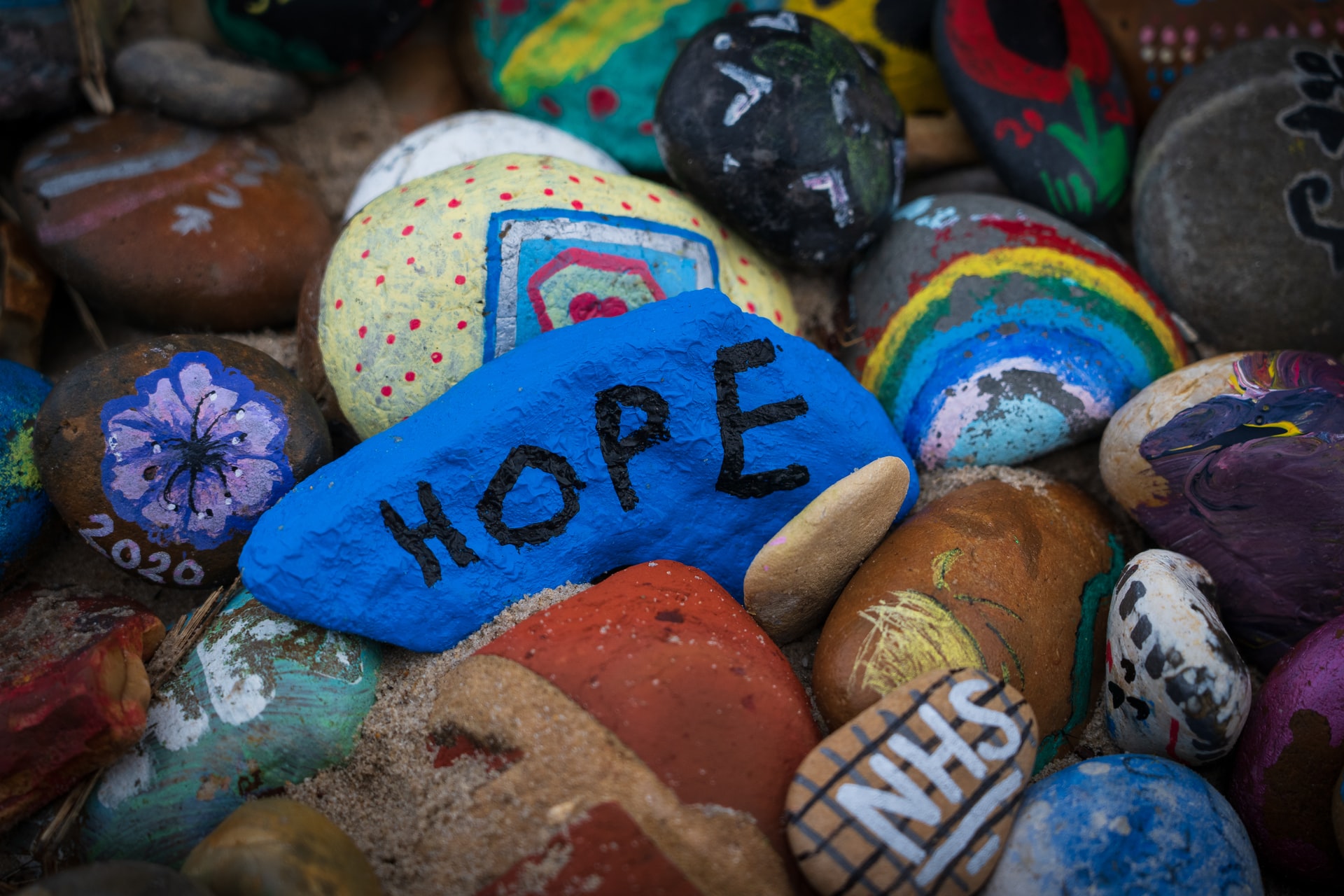“Getting better from depression demands a lifelong commitment. I’ve made that commitment for my life’s sake and for the sake of those who love me.” – Susan Polis Schutz, poet
Managing depression is one of the hardest battles known to man. For one, it’s not as simple as changing your mood and deciding that you will no longer experience depression anymore. It is much deeper, and much more complex than most people understand. Depression is not merely sadness – it is hopelessness, discontentment, isolation, living in a perpetual state of drowning.
Symptoms of depression might include:
- Lack of motivation
- Increase/decrease in appetite
- Increase/decrease in weight
- Loss of enjoyment
- Perpetual gloom/sadness
- Isolation
- Irritability/Anger/Frustration
- Lack of Sleep/Sleeping too much
- Anxiety/Stress
- Negative thoughts/Trouble making decisions.
- Increased Suicidal Ideation/Attempts
 If you or someone you know has been diagnosed with a Depressive Disorder of any kind you may be wondering why this may have happened. We often blame ourselves for certain challenges without fully understanding the situation.
If you or someone you know has been diagnosed with a Depressive Disorder of any kind you may be wondering why this may have happened. We often blame ourselves for certain challenges without fully understanding the situation.
Depression can be caused by a variety of things. By understanding the cause of your depression, you gain awareness that impacts your ability to be able to increase your hope and truly manage the battle. Below are three causes of depression and they are not in any order.
3 Common Causes of Depression
1. Trauma
Trauma can be broken down into several distinct categories. You can experience trauma through abuse, natural disasters, abandonment, loss, environmental challenges, etc. Either way, trauma can impact the way you think, feel, understand yourself, and understand the world around you. Trauma can create hopelessness, loneliness, and depression.
 Experiencing trauma can lead to a perpetual state of sadness, isolation, and suicidal ideation. If you do not inquire about help for your trauma, then it can impact your ability to function normally in all spaces of your life. Trauma rewires your brain and can keep you hostage, reliving the same trauma continuously. When you are stuck in a cycle of reliving trauma, sadness, hopelessness, loneliness, and loss of enjoyment follow.
Experiencing trauma can lead to a perpetual state of sadness, isolation, and suicidal ideation. If you do not inquire about help for your trauma, then it can impact your ability to function normally in all spaces of your life. Trauma rewires your brain and can keep you hostage, reliving the same trauma continuously. When you are stuck in a cycle of reliving trauma, sadness, hopelessness, loneliness, and loss of enjoyment follow.
2. Stressful Life Events
Stressful life events can include divorce, miscarriage, loss, new transitions, grief, and more. When stressful life events take place, it can cause an out-of-body experience. You may experience an immense amount of sadness, discomfort, anxiety, and physical challenges. Depression is linked to stressful life events because you be unable to cope with and manage your thoughts, emotions, and behaviors.
Whether the event is financial, emotional, physical, spiritual, or psychological, you can be severely impacted and unable to lead a healthy life. For instance, divorce is a life event that always causes some stress due to changes in emotional support and financial support.
An event that impacts multiple parts of your life whether amicable or not changes the trajectory of where you believed your life was heading. Beginning anew and building a new life journey is challenging and can bring on a depressive mood.
3. Low Social Support
Managing any issue, whether it be emotional, physical, etc. can negatively impact your ability to lead an abundant life. With the help of friends, family, social community, church community, groups, resources, mentors, and more, you may find that battling depression feels more manageable than if you have low social support. When dealing with an ongoing battle, facing it alone can be overwhelming, stressful, and lonely.
When there is an army of people fighting beside you, even if it is just to be present and lend moral support, it can make a dramatic difference in helping you manage your depression. When you have low social support, it often confirms the idea that you are alone and unable to fight the battle. You have that one voice that breeds hopelessness rather than several voices that build you up and help you grow in hope.
Am I Depressed?
 If you have experienced a hardship, transition, loss, or trauma, and feel like you are experiencing some of the above symptoms then it could be leading you toward depression. Some several online quizzes or assessments allow you to answer questions and receive feedback about whether you may be depressed. For instance, https://screening.mhanational.org/content/am-i-depressed-or-just-sad/ discusses how to identify whether you are depressed or just sad.
If you have experienced a hardship, transition, loss, or trauma, and feel like you are experiencing some of the above symptoms then it could be leading you toward depression. Some several online quizzes or assessments allow you to answer questions and receive feedback about whether you may be depressed. For instance, https://screening.mhanational.org/content/am-i-depressed-or-just-sad/ discusses how to identify whether you are depressed or just sad.
After watching the video and reading the material you can take the depression test at https://screening.mhanational.org/screening-tools/depression/ if you believe you are depressed. This resource gives you information on how to contact the suicide prevention hotline: 1-800-273-TALK as well as the Warmline: (855) 845-7415 which is 24/7. While these resources help to identify whether you may be experiencing depression it does not inform of why you may be depressed.
Why Am I Depressed?
Understanding depression is not a calculation where we can precisely multiply, divide, and arrive at a complete set of numbers to identify why you may be experiencing depression. Instead, it is more of a scientific experiment where we use insight, predictions, hypotheses, and direct experimentation to clarify and gather more information.
The direct cause of your depression may be more like several different causes versus one specific cause. Sometimes it is the combination of trauma, loss, transition, and more that produces a depressive mood. This is not a smooth journey but requires intentionality, support, and professional assistance.
While the spectrum of Depression varies from person to person one common theme is how support impacts your ability to breed hope and strength. Whether the depression is minimal or severe enough to impact your occupational expectations and relational needs, assistance from others can be beneficial. The saying, “Two heads are better than one” is accurate when it comes to understanding your depression and how to manage it.
Is God Mad at me?
As a Christian, it can be hard to grapple with the feeling of depression especially if you believe that God wants you to have an abundant life. It is easy to ask questions like, “Is God mad at me?”, “If God wanted me to be healed, wouldn’t he  heal me?”, ” Why is God allowing this to happen?” and so forth. Depression is a mental health disorder that can be easily triggered by spiritual concerns, physical concerns, social concerns, and emotional concerns.
heal me?”, ” Why is God allowing this to happen?” and so forth. Depression is a mental health disorder that can be easily triggered by spiritual concerns, physical concerns, social concerns, and emotional concerns.
The presence of depression does not mean the absence of God, love, faith, and provision. God does not promise the absence of pain or suffering, but He promises to always be present and to provide. God is not mad at you, He loves you. He has equipped individuals to help you to manage your depression as well as any other trouble that ails you.
How to Manage Depression?
1. Build Healthier Patterns
-
- Regulate your sleep by creating a routine.
- Eat/drink healthier options that improve mood.
- Exercise/Move: Yoga, walk, run, stretch, join a workout class.
- Pray, meditate, and spend time with God daily.
2. Engage in the Arts
-
- Writing, painting, drawing, dancing, singing, poetry, etc.
- Free write or journal with prompts.
- Join a bowling league, basketball team, acapella group, etc.
- Join a community group or church group.
3. Research Mental Health Providers
-
- Research available in person or zoom support/therapy groups.
- Buy books online that focus on managing depression.
- Listen to Audiobooks about understanding and managing depression.
- Research Therapists in your area who specialize in working with individuals with depression.
“There is hope, even when your brain tells you there isn’t.” – John Green
If you or someone you know struggles with depression, please don’t hesitate to do what is necessary to manage it. The above resources are available to you, and they are helpful. But sometimes you need a safe and secure space where you can finally let go of that deep breath you have been holding. If you’re ready to let it go and seek counsel, I am ready to welcome you with open arms. I pray that you will receive the peace you need so that you may live a full and abundant life.
“Drowning”, Courtesy of Nikko Macaspac, Unsplash.com, CC0 License; “It Hit Me”, Courtesy of Claudia, Unsplash.com, CC0 License; “Depressed”, Courtesy of Joice Kelly, Unsplash.com, CC0 License; “Hope on the Rocks”, Courtesy of Nick Fewings, Unsplash.com, CC0 License
-
Kate Motaung: Curator
Kate Motaung is the Senior Writer, Editor, and Content Manager for a multi-state company. She is the author of several books including Letters to Grief, 101 Prayers for Comfort in Difficult Times, and A Place to Land: A Story of Longing and Belonging...





